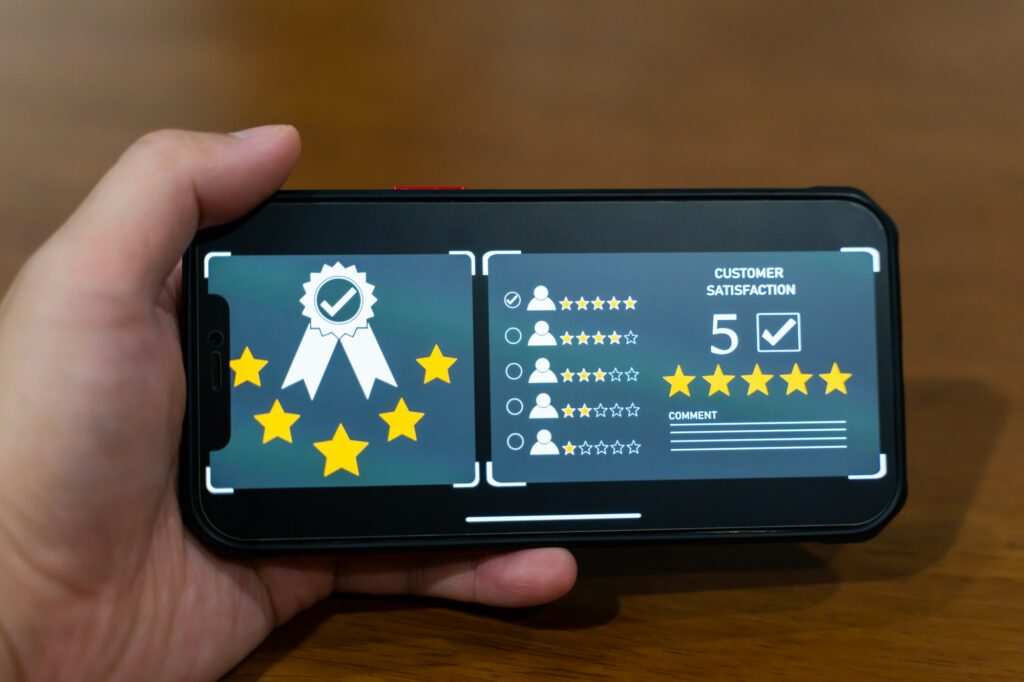In today’s digital age, establishing a strong online presence through effective online marketing is essential for the success of any business. With countless potential customers browsing the internet every day, online marketing offers unparalleled opportunities to reach and engage with your target audience. In this comprehensive guide, we’ll delve into the crucial steps for effective online marketing, a key component of successful digital strategies.
Steps to Online Marketing:
Step 1: Define Your Brand and Target Audience

Before diving into online marketing, you must have a clear understanding of your brand identity and the audience you want to reach. Ask yourself:
- What is your unique value proposition?
- Who are your ideal customers?
- What problems does your product or service solve?
By defining your brand and target audience, you’ll be better equipped to create content and strategies that resonate with potential customers.
Step 2: Build a Professional Website

Your website is the digital face of your business. Ensure its well-designed, user-friendly, and mobile-responsive. Key components of an effective website include:
- Clear and compelling messaging
- High-quality visuals
- Easy navigation
- Contact information
- Call-to-action buttons
Remember, your website should not only showcase your products or services but also provide valuable information to your audience.
Step 3: Search Engine Optimization (SEO)

To improve your website’s visibility on search engines like Google, invest in SEO. This involves optimizing your content with relevant keywords, improving website speed, and obtaining quality backlinks. Regularly create high-quality, informative content that answers your audience’s questions.
Step 4: Utilize Social Media

Social media platforms are powerful tools for connecting with your audience. Choose the platforms that align with your target audience and industry. Create engaging content, including posts, images, and videos, and maintain an active presence. Respond to comments and messages promptly to build a community around your brand.
Step 5: Content Marketing

Content is king in the digital world. Develop a content marketing strategy that includes blog posts, articles, videos, infographics, and more. Share valuable and relevant content that addresses your audience’s pain points and positions your business as an industry authority.
Step 6: Email Marketing

Build an email list of interested customers and send them newsletters, promotions, and updates. Email marketing is a cost-effective way to nurture leads and maintain customer relationships.
Step 7: Pay-Per-Click (PPC) Advertising

Consider using PPC advertising platforms like Google Ads or social media ads to target specific demographics and keywords. Set a budget and closely monitor the performance of your ads to optimize their effectiveness.
Step 8: Online Reputation Management

Online reviews and testimonials can significantly impact your business’s reputation. Encourage satisfied customers to leave positive reviews and promptly address any negative feedback to show your commitment to customer satisfaction.
Step 9: Analytics and Data

Regularly analyze data from your online marketing efforts. Tools like Google Analytics can provide valuable insights into website traffic, user behavior, and conversion rates. Use this data to refine your strategies and achieve better results over time.
Step 10: Stay Updated

The digital marketing landscape is constantly evolving. Stay informed about industry trends, algorithm changes, and emerging technologies. Adapt your strategies to stay competitive and meet the changing needs of your audience.
Conclusion
In conclusion, effective online marketing is a dynamic and multi-faceted effort that requires dedication and continuous improvement. By defining your brand, utilizing the right digital channels, and providing value to your audience, you can successfully market your business online and drive growth in the digital age. Remember, consistency and authenticity are key to building trust and long-term customer relationships.


